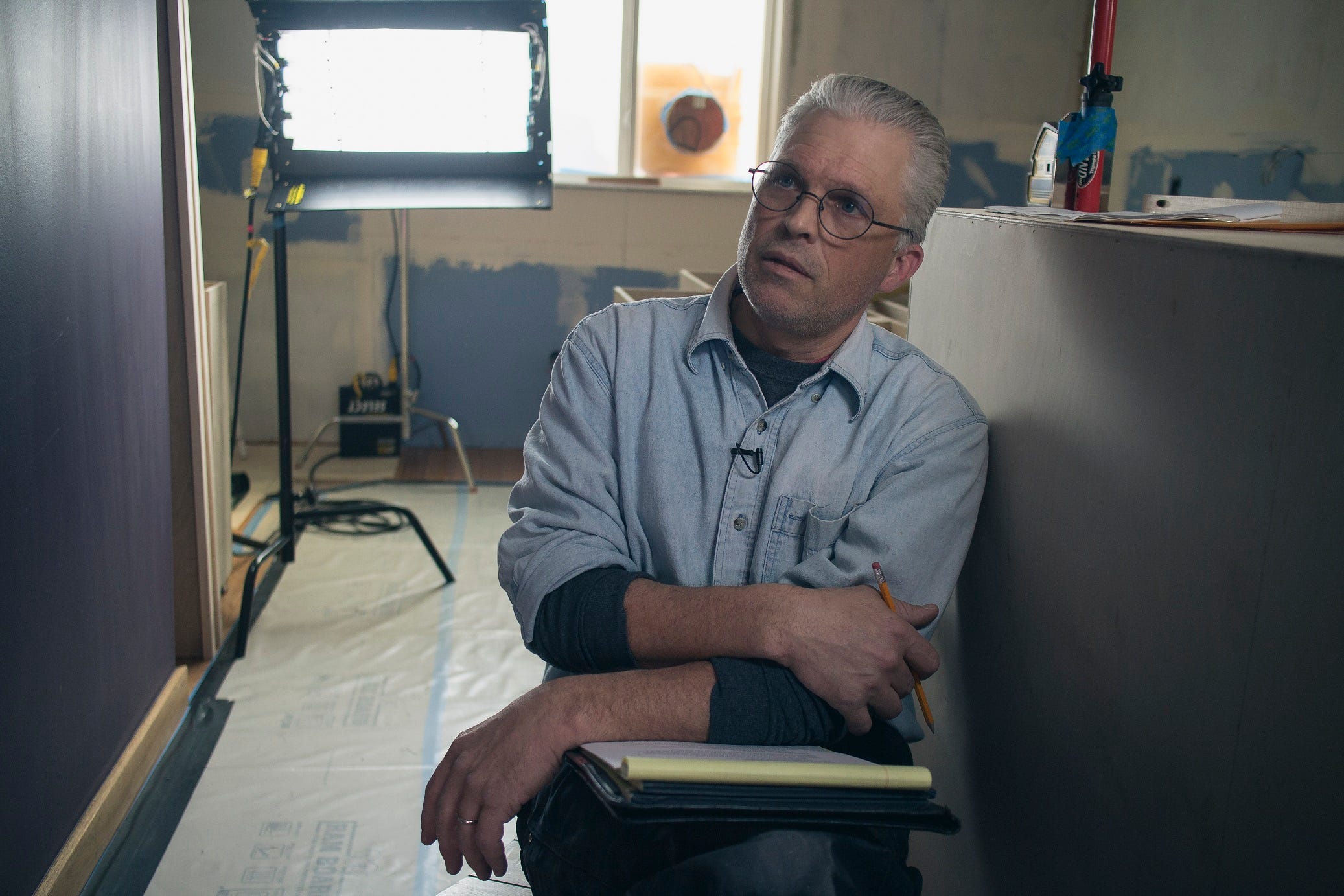
"...Working on your home isn't always as easy as these big-box stores or TV shows make it out to be."
I am so inspired when I see people making their house into a home. It reminds me of our individual desire to roll up our sleeves and create a living space that becomes a unique extension of individual style. Home is our personal refuge from the outside world; home should feel warm and secure, a place where we raise families, create memories with friends, and celebrate the passing seasons.
The thing to remember is that working on your home isn't always as easy as these big-box stores or TV shows make it out to be. With the help of TV editing, it might seem like a bathroom remodel takes just three days. But the reality is that it could be six weeks or more, even if done by a professional contractor!
Sometimes a remodel just takes up a lot more time than you anticipated, and ends up on the back burner where you find yourself cutting corners in order to save time. It often turns out to be more complicated than you initially thought—which you may only discover after removing the entire bathroom down to its studs. Maybe your home is in a value market that attracts savvy buyers who want to see if past work has been completed by a licensed contractor. It could also be as simple as this: what is valuable to you isn't valuable to someone else.
There are three things that are important to avoid when embarking on a DIY project because they can affect the long-term value of your home.
1. Changing structural integrity in any way.
2. Changing your home's utilities, like electrical, plumbing, or heating
3. Cheapening the most value-added features for a home, namely kitchens and bathrooms.
In the end the best practice is to use a mixture of DIY and professional contractors to keep your home uniquely yours, and also maintained for the long term. Here are five questions you should ask before attempting a DIY project.
1. What skill level is required for this project?
Don't even start projects that are beyond your skill level. With all the information out there, it's easy to learn how something is done. However, practice is what brings out the best quality or performance of a final product. So if you're learning how, for instance, to install moulding, it's best to stick to areas that are not seen—like closets or a garage—and hire a contractor to install the moulding in the high-visual parts of your home. The point here is to know your skill level. Try to understand the depth of the project you're taking on, and try to see how the project may affect your home.
2. How big will this project end up being?
It's best to think about what it takes to stick with completing a large project, before you decide to contract your own job and do much of the hands-on work yourself. I know two people who decided to do their own basement remodels and each of them took three years to complete the project! I've seen a lot of major DIY projects simply abandoned halfway through.
3. Do you know the codes and laws?
Codes are about safety. It's best-practice to use a licensed electrician or plumber when you want these systems updated or changed in some way. Things like railing or stairs need to be built to certain very specific standards for safety.
4. Does your landscaping pose a hazard?
I've seen a lot of homes with soil on or near wood siding. Soil should be 6" away from the lowest board, otherwise it's an invitation for bugs—and of course, wood decay. Keep soil away from siding and keep plants away from the side of your home. Shrubs and trees retain a lot of moisture, and that can be bad for your siding and wall envelope. Also, I've seen—and fixed—serious structural decay, directly related to shrubs and moisture against homes.
5. Does water drainage lead away from your house?
It's always a best-practice to keep soil, walkways, patios, etc. sloping away from the foundation of your home. I've seen too many foundations leaking because of avoidable heavy drainage directed into them.
From the shabby-chic, to the contemporary, to the antique collector, or the farmhouse, there's something life-giving in the act of seeking out, and creating our own spaces. Part of this is the desire to DIY, which has been a desire, long, long before the phrase was ever coined. So, have fun with your space, maintain your home, till the garden, make memories, and enjoy life! Just keep these tips in mind and be aware of how major projects could affect both your safety and the value of your home.



